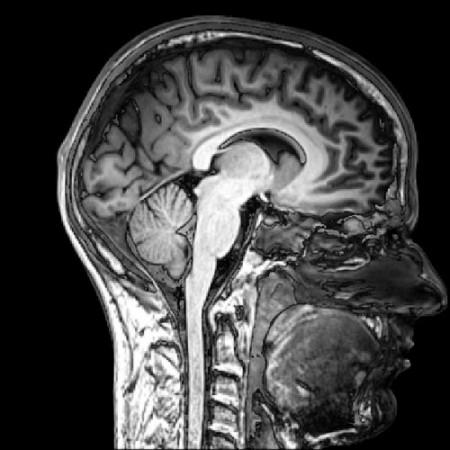
Brain scans can help detect Alzheimer's disease in people who are at a higher risk of the disease, years before the actual symptoms start appearing, according to a new study.
According to experts, a person starts getting clinical symptoms only around 10 years after the disease starts developing. Doctors diagnose it through symptoms and testing thyroid disorder, vitamin deficiency, brain imaging and neuropsychological factors. The whole procedure takes time to give an accurate diagnosis, thus delaying the treatment and possibility of recovery. Also, examination of brain after death is the only accurate way presently available to confirm the disease. Currently, there hardly exists any test to diagnose the condition early.
"Studies show that by the time people come in for a diagnosis, there may be a large amount of irreversible brain damage already present," study author Dr Lisa Mosconi, with the New York University School of Medicine in New York, said in a news release. "This is why it is ideal that we find signs of the disease in high-risk people before symptoms occur."
The study included 52 people, aged between 32 and 72. Researchers divided the whole group into four, according to prevalence of the disease in their family - father, mother or both affected, and people without any family history of the brain disease.
With the help of Positron Emission Tomography (PET) and Magnetic Resonance Imaging (MRI) scans, researchers examined each participant and measured the level of plaques in their brain, metabolism, structure and volume.
Researchers identified severe brain abnormalities, mainly metabolism and volume, in people at higher risk of the disease or a person whose both parents were affected with the disease. These people had five to 10 percent higher levels of plaques in their brain compared to others. Having a mother with the disease has long been associated with increased risk of developing the disease and the current study showed that these people had more biomarkers linked to the disease in their brain than others.
"Our study also suggests that there might be genes that predispose individuals to develop brain Alzheimer's pathology as a function of whether one parent or both parents have the disease," Mosconi said. "We do not yet know which genes, if any, are responsible for these early changes, and we hope that our study will be helpful to future genetic investigations."
The study has been reported in the online issue of Neurology.









